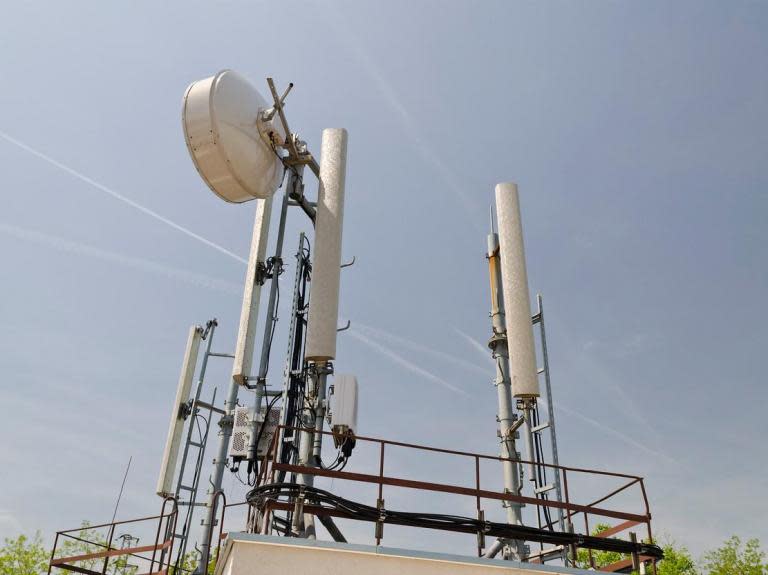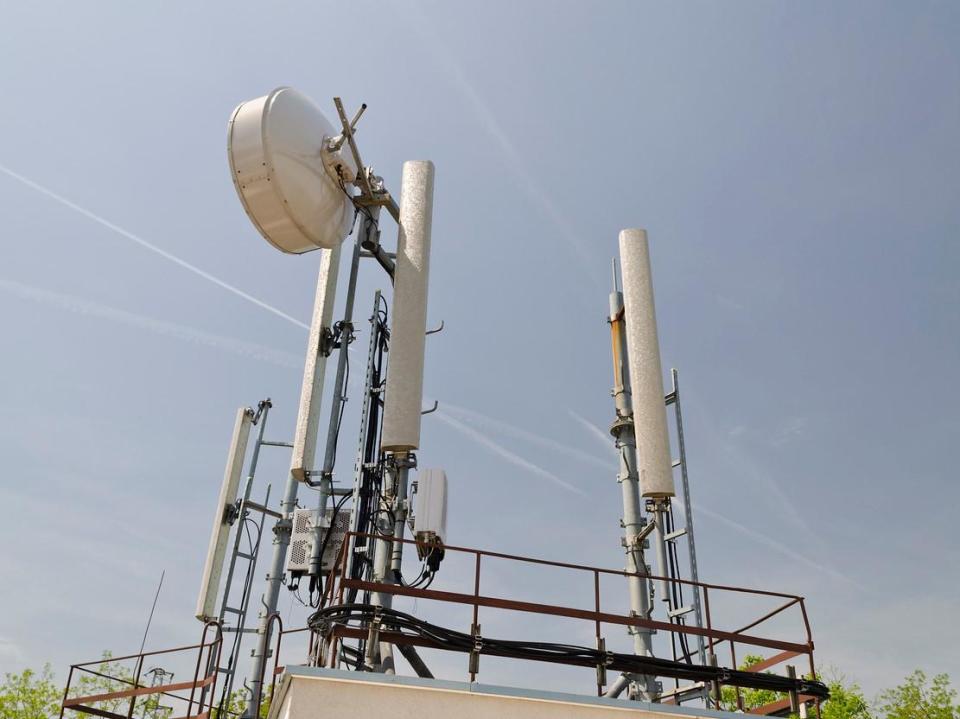5G could cause chaos for weather forecasts and put lives at risk, meteorologists warn
The roll out of 5G could set set weather forecast systems back decades, according to analysis by a US government agency.
The next-generation network could have catastrophic effects on the ability of weather satellites to accurately predict the weather, warns the National Oceanic and Atmospheric Administration, which operates within the US Department of Commerce.
Plans by the Federal Communications Commission to open up radio spectrum for 5G use will cause interference with the satellite's ability to detect water vapour, the NOAA claims.
The impact of this interference could severely limit meteorologists' ability to forecast significant weather events like hurricanes.
Acting NOAA Administrator Neil Jacobs gave details to a House Science Committee hearing last week, citing models drawn up by the agency and Nasa.
He warned the result of following through with the FCC plans would cause 77 per cent data loss for weather satellites.
"This would degrade the forecast skill by up to 30 per cent. If you look back in time to see when our forecast skill was roughly 30 per cent less than it was today, it's somewhere around 1980," Mr Jacobs said.
"This would result in the reduction of hurricane track forecasts' lead time by roughly two to three days."
In 2018, there were more than 170 deaths during the Atlantic hurricane season, according to figures from the National Hurricane Center.
The year before was even more devastating, with the 2017 Atlantic hurricane season resulting in over 3,350 deaths, as a result of major storms like Harvey, Irma and Maria.
Without early warning systems, the World Meteorological Organisation said this figure would have been even higher.
"The death toll of the largest hurricanes were certainly reduced because we saw them coming," wrote Mary Power, a director at WMO, in the organisation's review of the hurricane season.
"Forecasting models accurately predicted the hurricane path and anticipated their extreme intensities days ahead. This allowed territories in the region to declare a state of emergency up to two days in advance of landfall."

 Yahoo News
Yahoo News 

